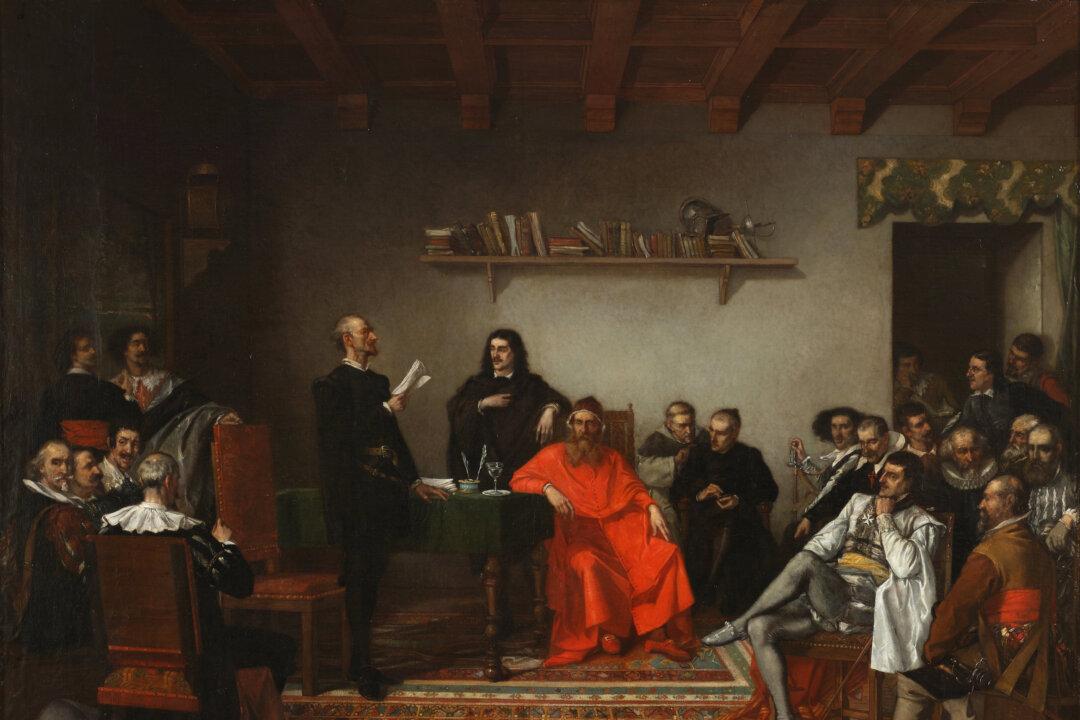“Hey, Hey, Ho, Ho, Western Civ has got to go!”
In 1987, the Rev. Jesse Jackson led 500 protesters through the campus of Stanford University chanting that demand. The following year, the university abolished its mandatory “Western Culture” course for students and replaced it with “Cultures, Ideas, and Values.” Since then, many universities have discarded such “Western Civ” classes, mandatory or not, and replaced them with diversity courses or with nothing at all.






